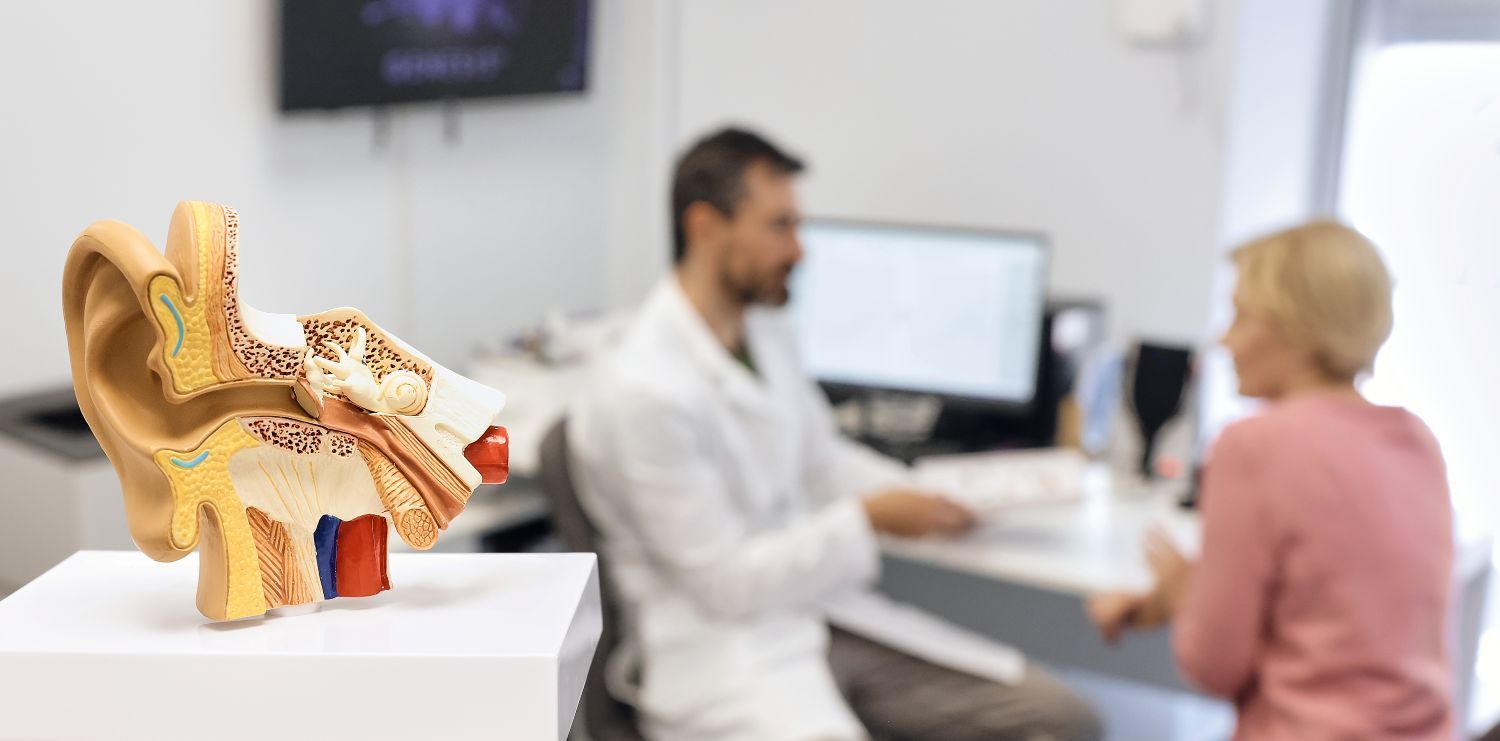Is It a Cold or Fall Allergies?
With fall in full swing, so too is the cold and flu season. Along with the cold and flu season, though, are also seasonal allergies—so which of the two do you have? Knowing the answer to that question can help you treat the symptoms and find relief quickly, and so it’s an important question to ask.
Read on for more information on how to tell whether your symptoms mean you have a cold or seasonal allergies and how to go about treating both.
Cold and Allergy Symptoms
The easiest way to tell whether or not your symptoms are brought on by allergies or merely a cold is easier than you might think. This is because allergies and colds are very different conditions and are brought on for different reasons. Let’s take a look at each separately:
Allergy Symptoms
When it comes to a seasonal allergy presenting itself, especially fall allergies, the most common symptom is that of a bad headache brought on by congestion. This is because your body is reacting to a foreign substance, such as pollen, and targeting it as something that should not be in your body. By doing so, your body creates antibodies that attack the foreign substance. The actions of the antibodies cause irritation and inflammation in the location of the substance. So, for example, if you inhale the substance by breathing through your nose, your nasal passages can become inflamed to the point where your nose becomes congested or stuffy, leading to a headache.
However, this is the only symptom that accompanies fall allergies. As such, if you have any other symptoms besides merely this congestion and the headache that comes with it, you most likely have a cold.
Cold Symptoms
The common cold, on the other hand, is a viral infection of the nose and throat. While colds normally take a week or ten days to go away on their own, the symptoms can be quite annoying to deal with. Typical symptoms include the following:
● Runny nose
● Sore throat (from nasal drip)
● Cough
● Congestion
● Mild body aches and headaches
● A low-grade fever (as the body is attempting to get rid of the virus)
Think of a cold as being “messier” than allergies. If you have more symptoms than merely congestion and a headache, such as a runny nose and sore throat, you likely have a cold.
How Do I Treat Fall Allergies?
The most common way to treat fall allergies is by getting an over-the-counter antihistamine. This will help with the congestion and make the headache go away as well. If the headache is particularly bothersome, you could also take a mild pain reliever, but be careful—some medications don’t mix well. Always read labels carefully before taking two medications at once!
How Do I Treat a Cold?
Like most viruses, the best treatment for colds is lots of rest and fluids. Drinking a minimum of 48 ounces of water (or 6 cups) a day can help the body flush out the mucus that drips down the throat, relieving the sore throat and coughing symptoms. There are also plenty of over-the-counter medicines you can take to help deal with symptoms, but taking a day or two off to rest is always the best way to help a cold go away.
Worried about the length or severity of your symptoms? Reach out to ENT Medical and Surgical Group. Our professionals will help you get to the bottom of what’s causing your symptoms. If you’d like to schedule an appointment, contact us today!













